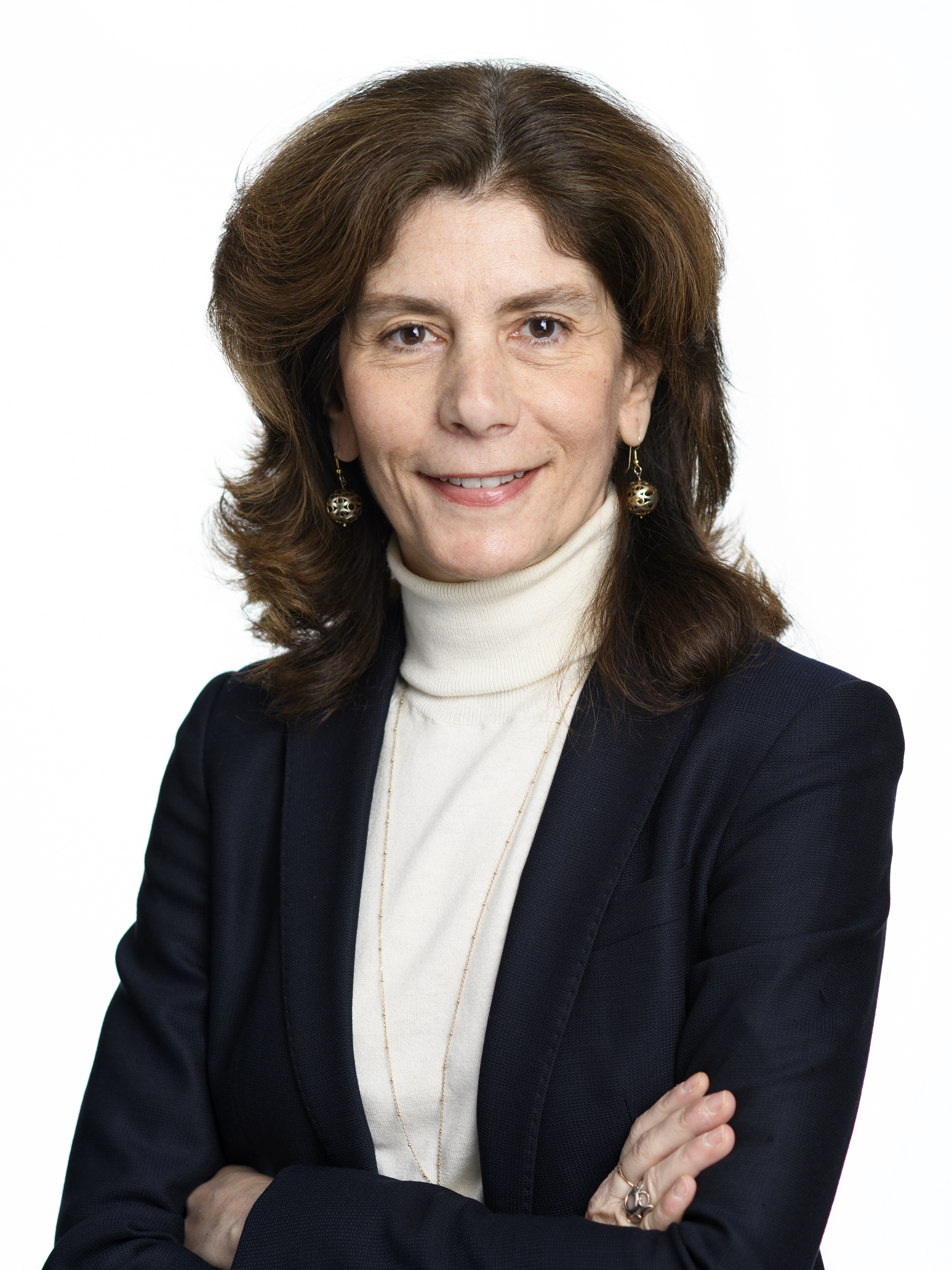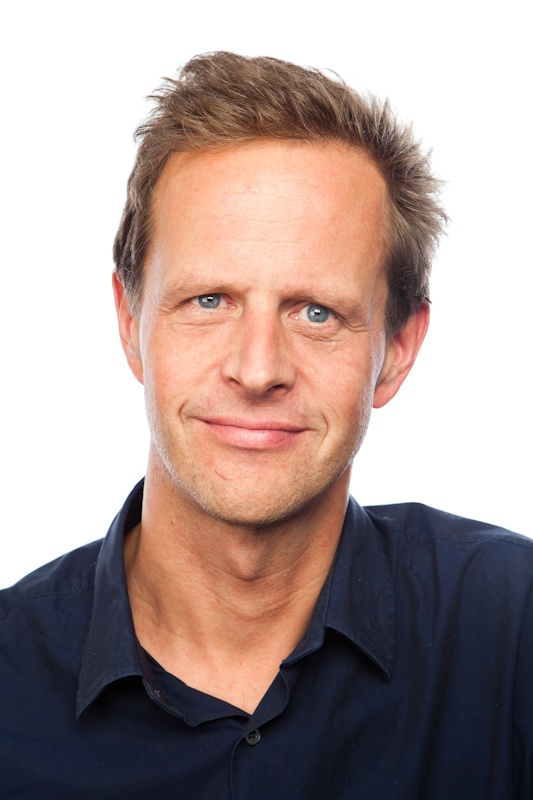
Globalization in crisis – confronting a new economic reality
Penny Goldberg speaks about her research on the topic of globalization. After advancing rapidly for two decades, globalization slowed following the 2008–2009 financial crisis, but it did not cease. Data on trade, capital and immigration flows show that globalization continued, albeit at a slower pace, even throughout the COVID-19 pandemic. However, recent changes in public sentiment and government policy in some of the world’s largest economies, including two of globalization’s bastions, the United States and Great Britain, suggest the beginning of a new era.
This lecture explores the causes of this shift. It will discuss the role of increasing inequalities in advanced economies, the labour market pressures arising from imports from low-wage countries, perceptions of unfair trade practices by China, as well as new demands for ‘resilience’ in response to the COVID-19 pandemic and the invasion of Ukraine.
Is the globalization crisis the result of these other crises in health and geopolitics? Or were these crises simply the trigger for a change that had been long brewing? The lecture concludes with thoughts about potential consequences of the shifting landscape for growth, inequality, efforts to address global challenges such as poverty reduction and climate change, and resilience.
Biographies
 Pinelopi (Penny) Koujianou Goldberg is the Elihu Professor of Economics and Global Affairs and an Affiliate of the Economic Growth Center at Yale University. She holds a joint appointment at the Yale Department of Economics and the Jackson School of Global Affairs. From 2018 to 2020, she was the Chief Economist of the World Bank Group. Goldberg was President of the Econometric Society in 2021 and has previously served as Vice-President of the American Economic Association. From 2011-2017 she was Editor-in-Chief of the American Economic Review. She is member of the National Academy of Sciences and the American Academy of Arts and Sciences, recipient of Guggenheim Memorial Foundation and Sloan Research Fellowships, and recipient of the Bodossaki Prize in Social Sciences. She is also a research associate at the National Bureau of Economics Research (NBER), Distinguished Fellow of the Centre for Economic Policy Research (CEPR), and board member of the Bureau of Research and Economic Analysis of Development (BREAD).
Pinelopi (Penny) Koujianou Goldberg is the Elihu Professor of Economics and Global Affairs and an Affiliate of the Economic Growth Center at Yale University. She holds a joint appointment at the Yale Department of Economics and the Jackson School of Global Affairs. From 2018 to 2020, she was the Chief Economist of the World Bank Group. Goldberg was President of the Econometric Society in 2021 and has previously served as Vice-President of the American Economic Association. From 2011-2017 she was Editor-in-Chief of the American Economic Review. She is member of the National Academy of Sciences and the American Academy of Arts and Sciences, recipient of Guggenheim Memorial Foundation and Sloan Research Fellowships, and recipient of the Bodossaki Prize in Social Sciences. She is also a research associate at the National Bureau of Economics Research (NBER), Distinguished Fellow of the Centre for Economic Policy Research (CEPR), and board member of the Bureau of Research and Economic Analysis of Development (BREAD).
Goldberg is an applied microeconomist drawn to policy-relevant questions in trade and development. She has exploited a broad set of methodological approaches—ranging from estimation of structural industry equilibrium models to reduced form techniques—to provide insights into the determinants and effects of trade policies, trade and inequality, intellectual property rights protection in developing countries, exchange rate passthrough, pricing to market, and international price discrimination.
Her most recent research examines the resurgence of protectionism in the U.S.; trade, poverty and inequality; the interplay between informality and trade liberalization in the presence of labor market frictions; and discrimination against women in developing countries.
She holds a Diplom in economics from the University of Freiburg, Germany, and a PhD in economics from Stanford University, United States.
 Halvor Mehlum is professor of economics and deputy head of the Department of Economics at the University of Oslo. He lectures macro economics and development economics. He works primarily in the intersection between development economics and political economy. His work covers crime, corruption and civil war. He has a special focus on resource management in rich and poor countries, with Institutions and the Resource Curse from Economic Journal, coauthored with Moene and Torvik, as a prominent example.
Halvor Mehlum is professor of economics and deputy head of the Department of Economics at the University of Oslo. He lectures macro economics and development economics. He works primarily in the intersection between development economics and political economy. His work covers crime, corruption and civil war. He has a special focus on resource management in rich and poor countries, with Institutions and the Resource Curse from Economic Journal, coauthored with Moene and Torvik, as a prominent example.
Programme
Event starts 15:30 UTC+2 Oslo
14:30 London
09:30 New York
15:30 Helsinki
19:00 Mumbai
| 15:00-15:30 | Registration |
| 15:30-15:40 | Welcoming remarks by UNU-WIDER Director Kunal Sen and Dan Banik, Director of the Oslo SDG Initiative, University of Oslo (10 minutes) |
| 15:40-16:25 | Lecture by Penny Goldberg (45 minutes) |
| 16:25-16:35 | Remarks from discussant Halvor Mehlum (10 minutes) |
| 16:35-17:20 | Audience Q&A (45 minutes) |
| 17:20-17:30 | Closing remarks by Kunal Sen (10 minutes) |
| 17:30-18:30 | Reception |
 Join the network
Join the network



